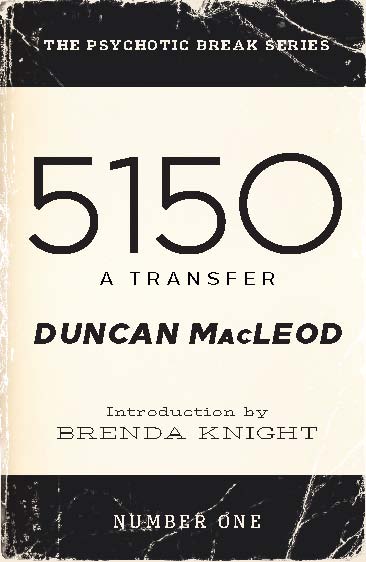I am an advanced beginner user of Tableau working to become an intermediate user. I have real data sets at work that I viz mercilessly. It is probably a sign that I am deranged, but I actually find it FUN to dig into data and find the stories hidden in the numbers.
This week, I decided to get better at geographic visualizations. To that end, I was able to find a really interesting set of data containing crime statistics between 2012-2015 in Los Angeles, the city I call home. It included a field that represented longitude and latitude for each of the crimes. After removing parentheses and converting text to columns, I was able to create a unique shape and color for each type of crime in the LAPD list – of which there were about 100, and place them in the exact location on a map of Los Angeles where they occurred.
The first hurdle I discovered was that a few of the entries were missing the latitude and longitude, so they mapped the crimes as taking place in Sierra Leone (0,0). I highlighted them and excluded them, and the map snapped to a map of California. I cleaned up a handful of outliers in parts of the Southland that weren’t really relevant, like Tehachapi, Big Bear, etc. Next I discovered that due to limitations of Excel, the dataset cuts off before it reaches 2015 – only showing 460,000 pieces of data through August of 2013. Like I said, I’m an advanced beginner, so I settled for what I got.
What resulted was a nice concentrated map of all the reported crimes in all of the relevant locations within or immediately adjacent to the city of Los Angeles from the period January 1, 2012 to August 18,2013. Here is what it looks like:

I was able to focus on my part of town, the Van Nuys division, and by deselecting all crimes and only selecting violent crimes, I was able to determine that my neighborhood was far safer from violent crimes than many of the areas around it, particularly Central Van Nuys. Here is the visual proof:

Then I thought I would look at a map of homicide in LA 2012-2013. There were 762 entries. Here is what that looked like:

Then I saw a crime that I had never heard of called “Letters, Lewd.” When I clicked it, I was astonished by the result. There were over 3,450 “Letters, Lewd” crimes reported in the period between January 1, 2012 and August 18, 2013. Here is what that map looked like:

What the heck? I looked up lewd letters on Google, and there were no mentions of this hideous crime wave anywhere. There was one news item from Sacramento about one lewd letter being sent and a local gentleman there was hauled in on suspicion. There was no mention of the LA lewd letter bombs of 2012-2013.
I noticed how democratically distributed these lewd letters were. No one area had been spared the scourge of naughty mail. This was a truly unusual data mining result. It is the reason I get all excited about data visualizations.
My pet theory is that there is an informal rule in the police department that code 956, “Letters, Lewd” is used when the nature of the crime is not to be disclosed. It may be code for prostitution or some other sex crime that wasn’t listed elsewhere. It may be used to reduce the number of reported homicides and other violent crimes. There were just way too many lewd letter reports to pass my sniff test. Over 5 times as many lewd letters reported as there were homicides. Is this a cover-up? Is it an error in the data set? Why don’t I get lewd letters in the mail? I think it might actually be entertaining. I certainly wouldn’t find receiving such a letter worthy of a trip into dangerous downtown Van Nuys to file a police report.
I have no idea how to get to the bottom of this mystery, so I am posting it to this here blog to see if someone out there in cyberspace knows why there were so many lewd letters reported in Los Angeles during 2012 and 2013. Maybe a police woman/man can weigh in on the subject. Or maybe a vigilante reporter will take up the lewd letter cause to find out the truth behind these bizarre numbers. Please comment if you have suggestions or answers.











